EU Condemns Israeli Strikes in Gaza as Excessive, Rejects New Aid Model
Top EU diplomat Kaja Kallas criticizes Israel’s military actions and aid restrictions in Gaza, warning of deepening humanitarian catastrophe and signaling a possible shift in EU-Israel relations.The European Union’s foreign policy chief, Kaja Kallas, has strongly condemned Israel’s ongoing military offensive in Gaza, saying the scale and impact of the strikes "go beyond what is necessary to fight Hamas." Her comments come as the death toll from Israeli attacks continues to rise, with Palestinian health authorities in Gaza reporting nearly 4,000 fatalities since Israel resumed operations in March following a brief ceasefire.
Kallas also voiced opposition to a new humanitarian aid model supported by the United States and Israel that sidelines the United Nations and other established aid agencies. The new system, managed by the recently-formed Gaza Humanitarian Foundation (GHF), uses U.S. security contractors and bypasses UN oversight—a move critics have slammed as privatizing aid and undermining humanitarian principles.
“We don’t support the privatisation of the distribution of humanitarian aid,” Kallas stated. “Humanitarian aid cannot be weaponised.”
Recent Israeli airstrikes have inflicted heavy civilian casualties. In Khan Younis, an airstrike killed nine of a Palestinian doctor’s ten children. A separate attack on a school sheltering displaced families in northern Gaza claimed at least 35 lives. The Hamas-run health ministry estimates that over 54,000 people have been killed since the war began following Hamas’ attack on Israel on October 7, 2023.
German Chancellor Friedrich Merz also expressed deep concern, saying he "no longer understands" Israel’s military objectives. “The impact on civilians is no longer justifiable as part of the fight against Hamas terrorism,” he added.
EU Commission President Ursula von der Leyen echoed the criticism, calling recent strikes on Gaza’s civilian infrastructure “abhorrent” and “disproportionate.”
Kallas noted that although the EU is the largest donor of humanitarian aid to Gaza, most of it is not reaching those in need due to Israeli-imposed restrictions. A full blockade was enacted in March and only partially lifted after 11 weeks. “The suffering of the people is untenable,” she said.
The EU is now reviewing its trade agreement with Israel, and Kallas confirmed that she will present potential policy responses at the next EU foreign ministers meeting on June 23.
The mounting international criticism has been echoed by the UK, France, and Canada, all of which have urged Israel to halt its offensive. The UK has suspended trade talks with Israel in response.
Meanwhile, the UN warns of "catastrophic" levels of hunger among Gaza’s 2.1 million residents due to the blockade. A map released by aid agencies illustrates severe food insecurity across all five of Gaza’s governorates.
Prime Minister Benjamin Netanyahu has announced plans to relocate the entire population of Gaza to a “sterile zone” in the south and has encouraged what he calls the "voluntary emigration" of Palestinians—proposals widely condemned as forced displacement.
Israel launched its campaign in response to a deadly Hamas-led cross-border attack last October, which killed around 1,200 people and resulted in 251 hostages being taken. Despite its stated goal of eliminating Hamas and recovering the hostages, the human cost of the conflict continues to escalate.



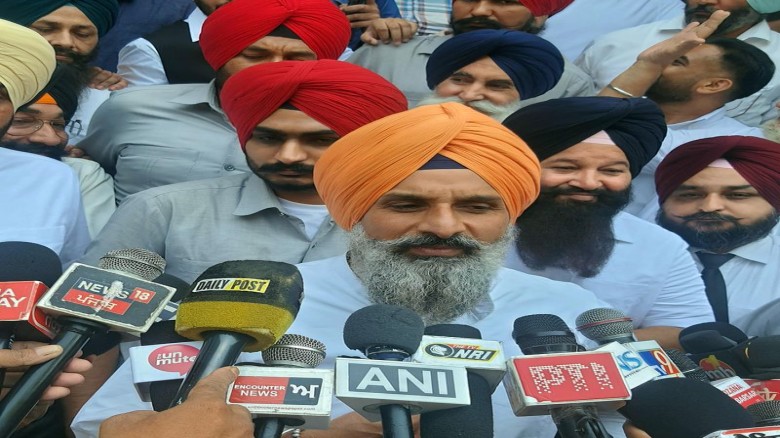
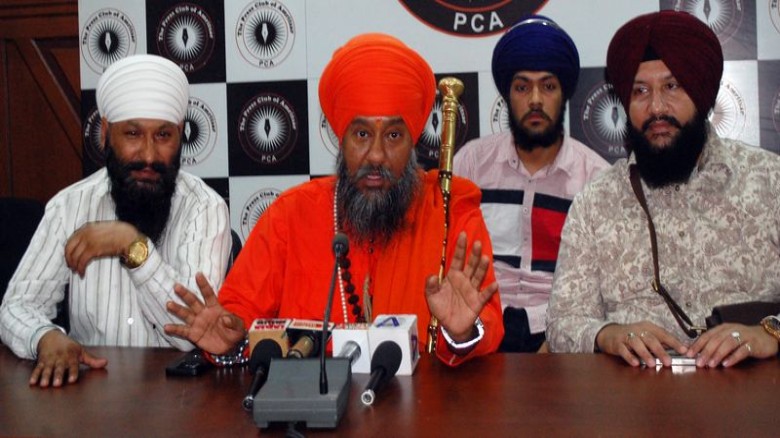
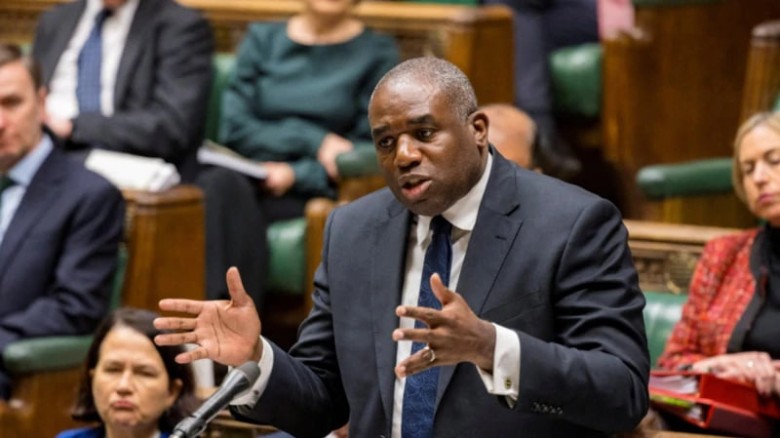







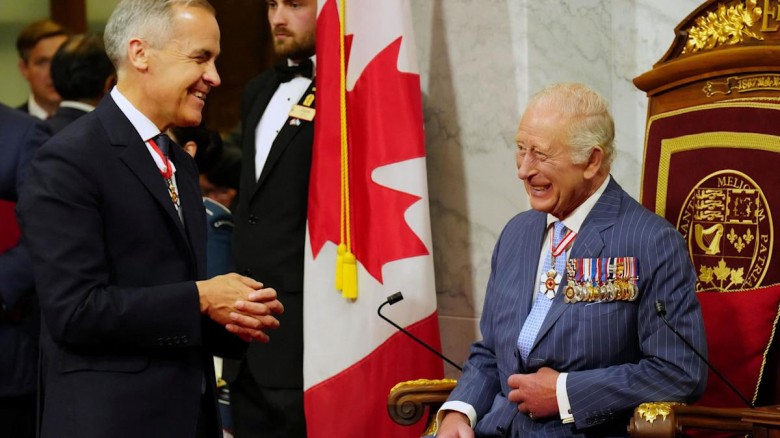
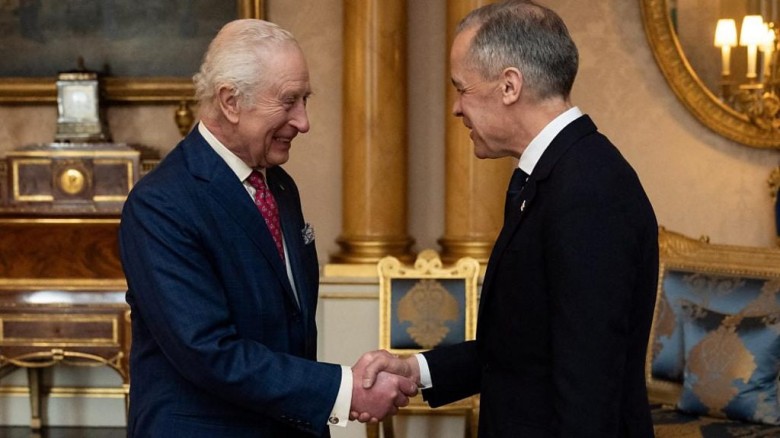


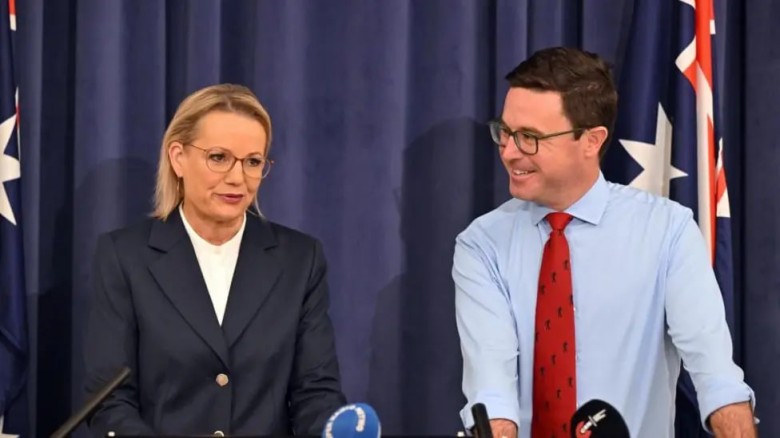


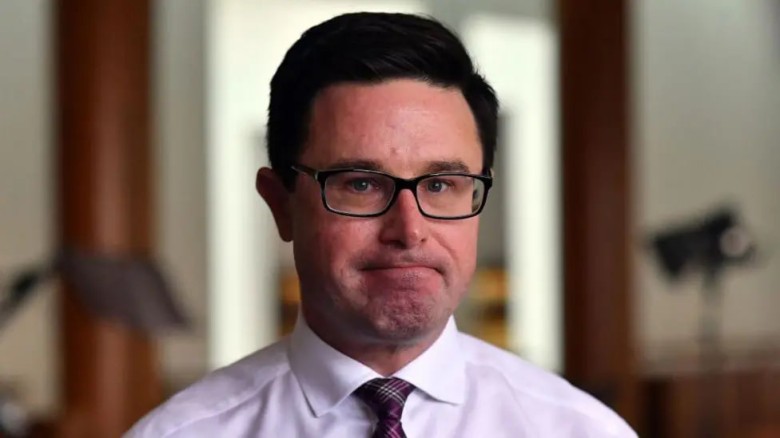
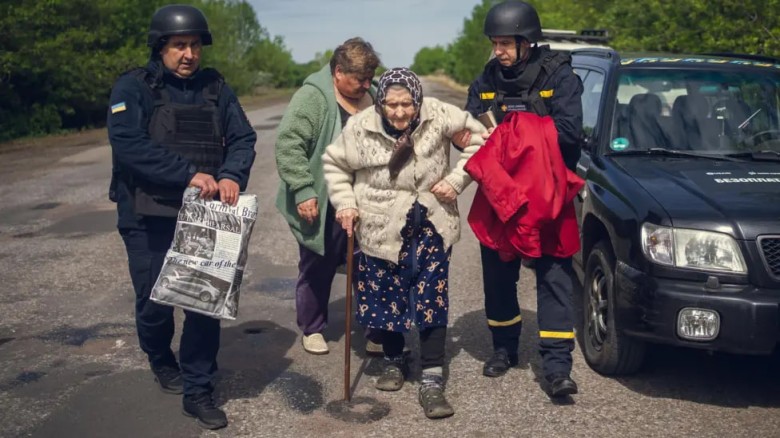
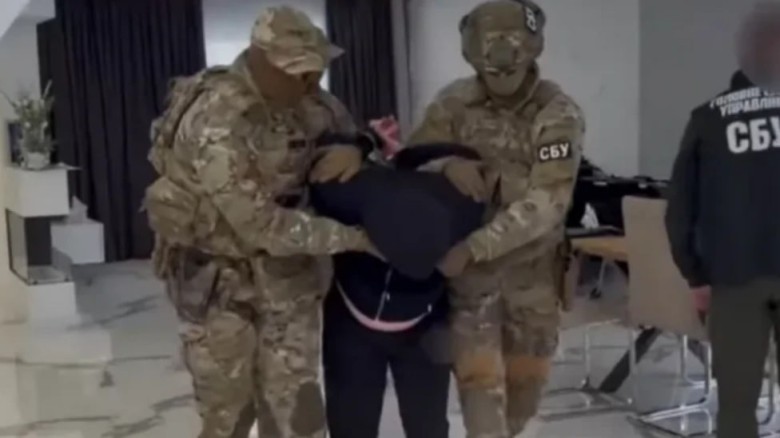
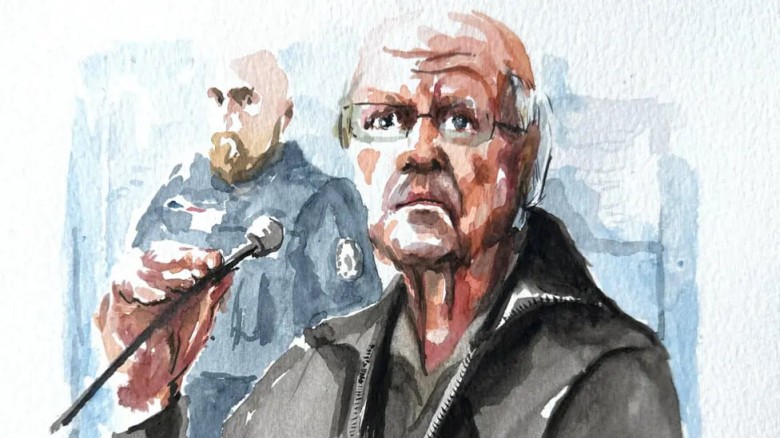
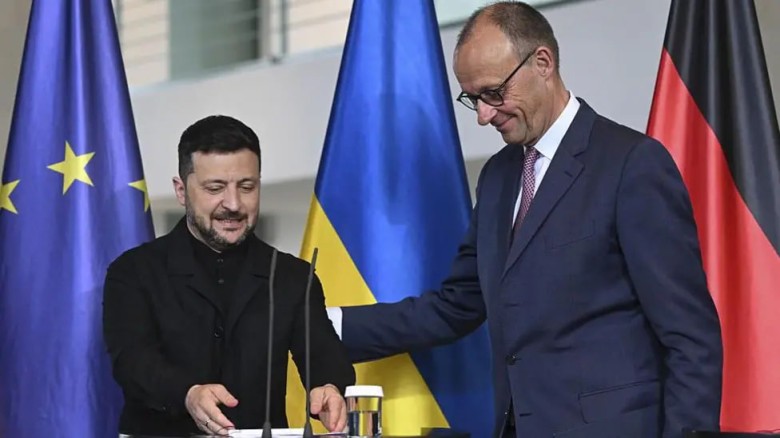




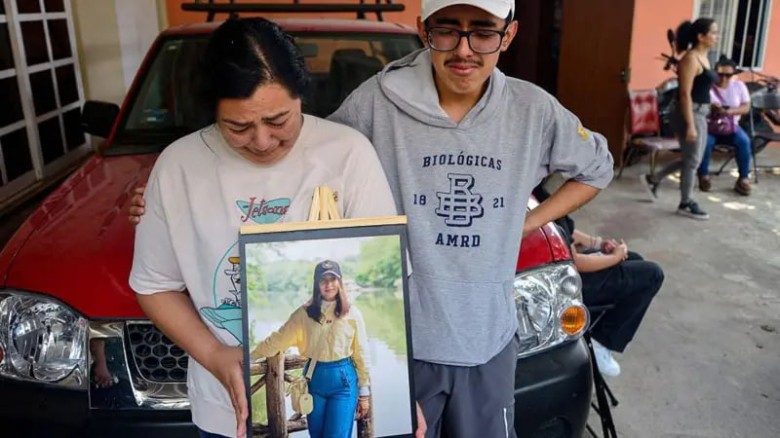








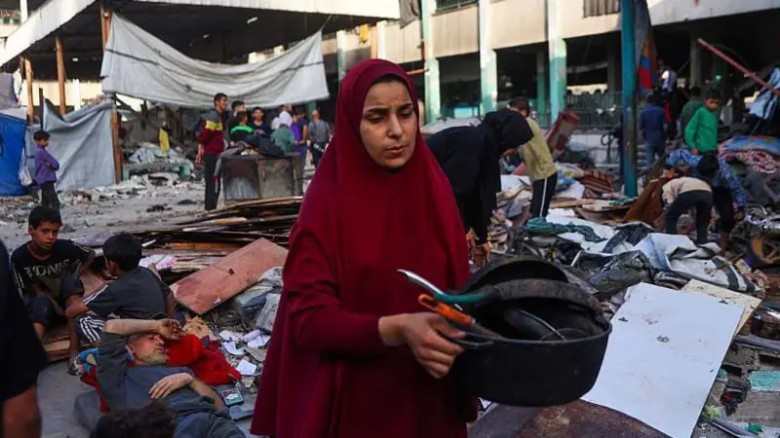
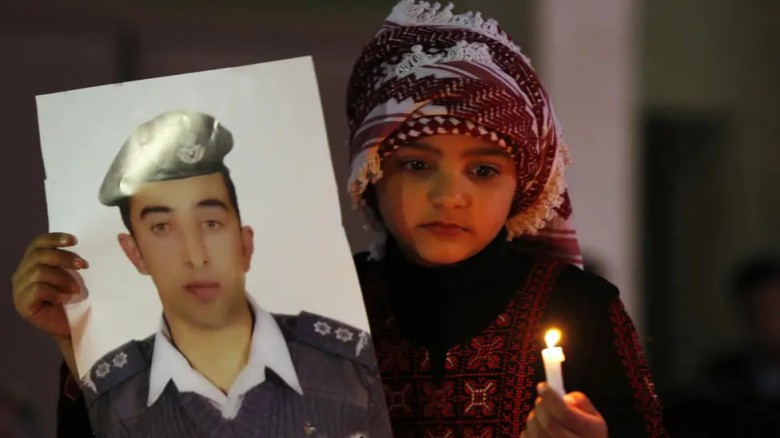
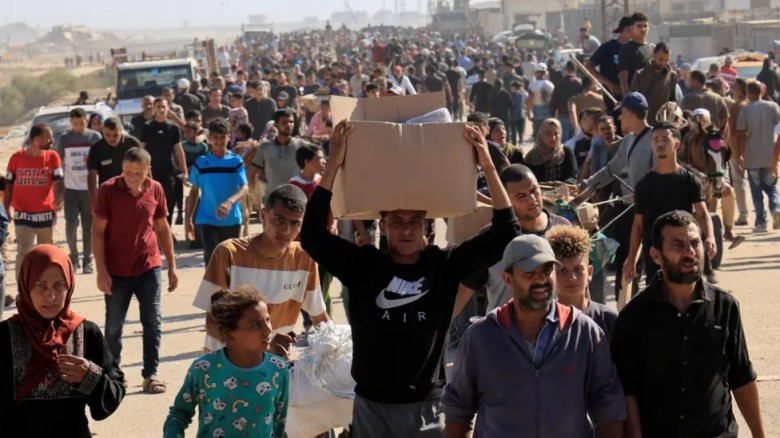
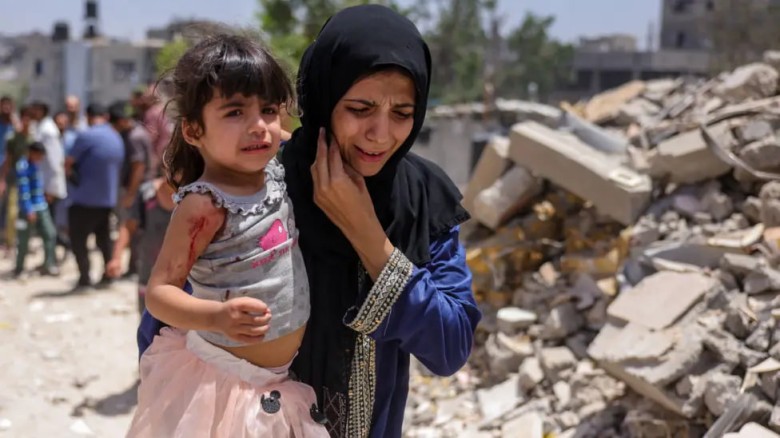







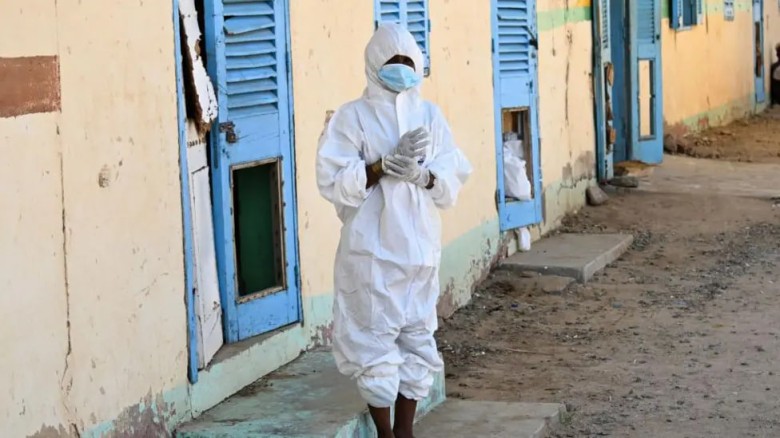
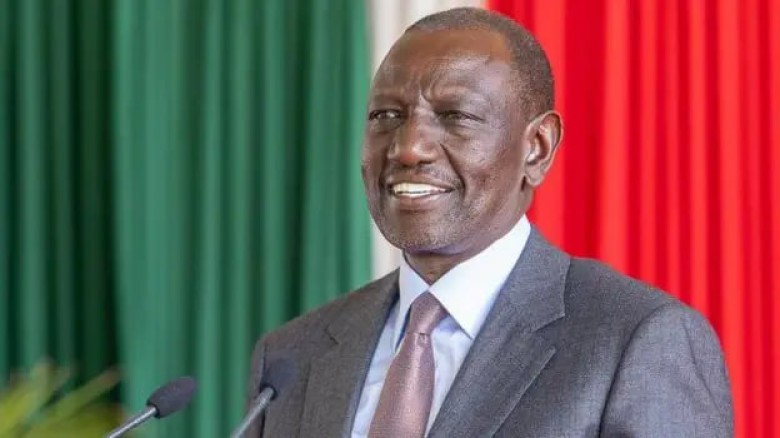
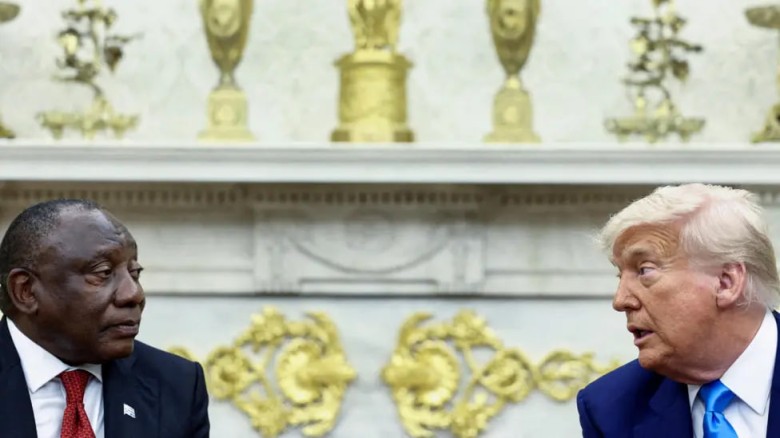




















Leave A Comment